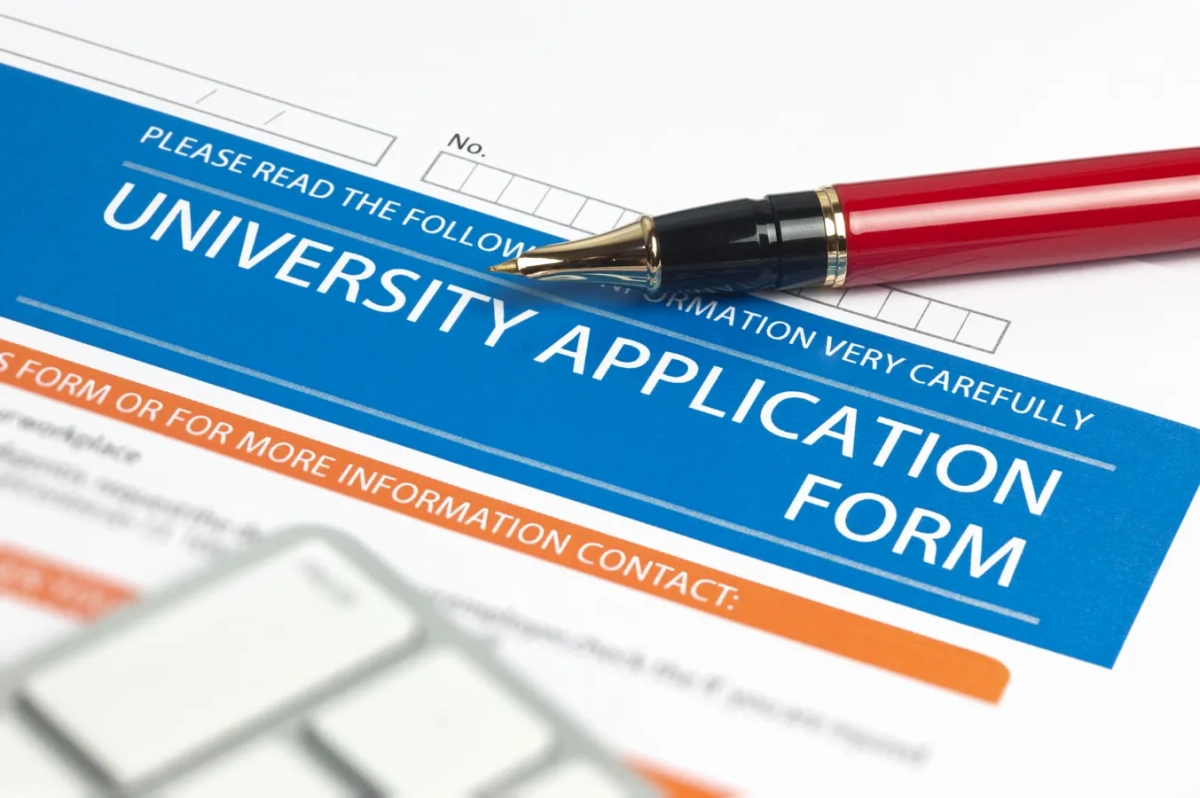
Every step in the application process is crucial, and early preparation is key. As we approach the 2025 application season, new updates have emerged. For example, the University of Chicago, which had previously added an early decision round exclusive to summer school students (SSEN), now sees Harvard University, one of the world’s top universities, reinstating standardized test scores as a requirement, having previously waived them.

In addition to Harvard’s changes, Rice University, known as one of the new Ivy League schools, has made a significant decision to add an ED2 application round, providing an additional opportunity for students targeting top 30 schools.
Furthermore, Johns Hopkins University, the University of Chicago, and Carnegie Mellon University have also introduced ED2 rounds for this year’s applicants, which is undoubtedly good news for many. These changes make the application process more flexible and diverse, offering applicants more opportunities to showcase their talents.
Facing new trends in U.S. college applications, choosing the right school is a major issue for many applicants. Yingde Education suggests that applicants conduct thorough and strategic research from multiple perspectives to understand the characteristics of different schools and their compatibility with themselves, aiming to create the most suitable and high-success-rate target school list.
Specifically, before finalizing the perfect school list, applicants should comprehensively understand their own situation, evaluate their academic performance, extracurricular activities, interests, and career goals. It is important not to focus solely on school rankings or blindly follow mainstream trends. Applicants can refer to authoritative rankings such as US News and QS, and consider the school’s comprehensive ranking, professional ranking, academic programs, features, and geographic location, while also taking into account their own abilities and personality to make a comprehensive choice.
Applicants can analyze the compatibility between multiple schools and their own application conditions to initially determine their ideal school list. This list can then be categorized into four categories: “lottery schools,” “reach schools,” “target schools,” and “safety schools,” to ensure a reasonable distribution based on their own conditions and application rounds to secure their desired schools.
Of course, in light of the significant changes in the 2025 U.S. college application process, it is hoped that every student will analyze carefully and not take things lightly. Only by continuously learning and adapting can applicants succeed in the competitive application journey.







Hi, this is a comment.
To get started with moderating, editing, and deleting comments, please visit the Comments screen in the dashboard.
Commenter avatars come from Gravatar.